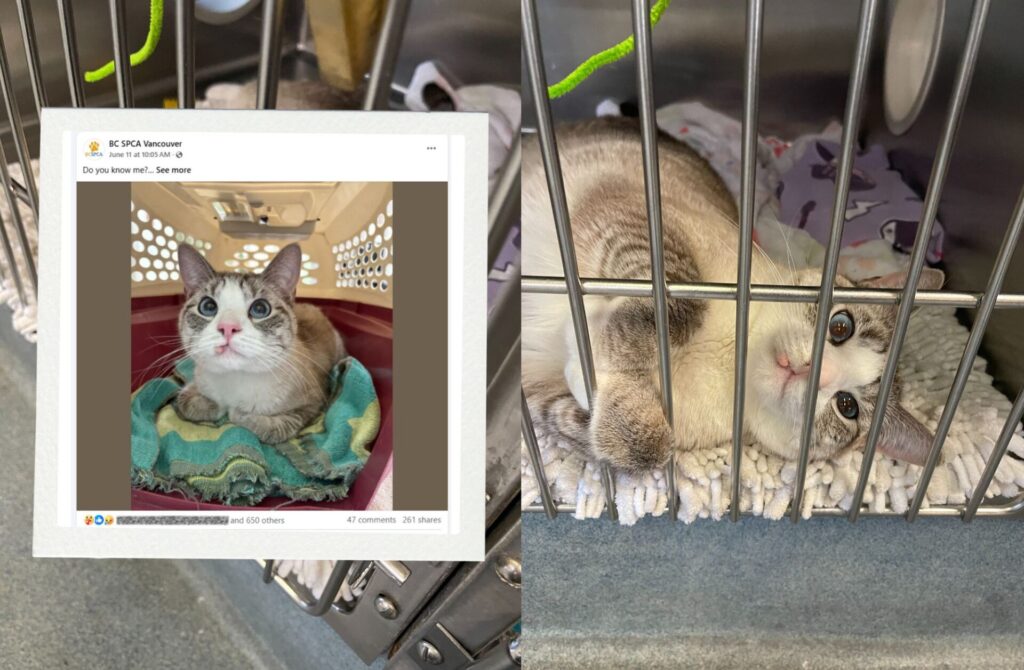November is National Senior Pet Awareness Month, and it’s a perfect time to celebrate and support our beloved senior pets. Caring for senior dogs and cats often involves extra attention to their specific health and safety needs, especially when it comes to microchip registration. Older pets can face increased risks of getting lost, and having accurate, updated contact details on their microchips can help ensure they’re quickly reunited with their families if they wander away.

Why Senior Pets Need Microchip Registration Updates
Senior pets are sometimes overlooked for rehoming, and many have a long history of moving between families. These pets deserve extra care and stability, and a microchip is one of the best tools for keeping them safe. However, it’s essential that the contact information linked to their microchip stays current. Without up-to-date registration, shelters and veterinarians may face delays in locating owners, leaving your pet in an unfamiliar environment. By regularly checking and updating your contact details on the BC Pet Registry, you can prevent these situations and help your senior pet get home faster.
Unique Considerations for Senior Dogs and Cats

Senior pets often have individualized support needs that finders may not know about. For instance, many older pets require specific diets, medications, or have health conditions that make them more vulnerable when separated from home. Adding notes about these needs to the BC Pet Registry allows anyone who finds your pet to provide appropriate care until you’re reunited. Also, behavior changes—such as confusion or memory loss—are common in senior pets and can increase their chances of getting lost. With a registered microchip, you can rest assured that your senior pet is protected.
Learn more: The BC SPCA article highlights the incredible qualities of senior pets and why they’re wonderful companions.
Don’t Let Outdated Microchip Information Keep Your Pet Waiting
When pets arrive at a shelter or veterinary clinic with an outdated microchip, it can take time to trace the owners, especially if past contact details are out of service. For senior pets, this can mean extended waits in unfamiliar environments, which can be stressful, especially for pets with medical or dietary needs. Keeping microchip registration current helps shelters and finders return your pet to you quickly, reducing the time they spend away from home.

Check out our guide to lost pet recovery for more tips on ensuring your senior pet’s safety.
The Benefits of Updated Microchip and Tattoo Information

Senior pets benefit from having both microchips and tattoos, along with up-to-date registration in the BC Pet Registry. Tattoos, while a reliable backup form of identification, tend to fade over time, so it’s essential to check regularly to ensure the tattoo is still legible. For guidance on managing tattoo codes, you can refer to the tattoo code and registration guide.
Additionally, remember to have your senior pet’s microchip scanned during regular vet visits to confirm it’s easily scannable. This proactive approach helps ensure your pet’s identification remains effective, supporting faster reunification if they get lost.
Show Love for Your Senior Pet by Securing Their Safety
Updating your senior pet’s microchip registration is a simple yet impactful step to take this Senior Pet Awareness Month. By doing so, you’re helping them avoid long, stressful waits in shelters and ensuring that any finder can provide appropriate care if your pet goes missing.
Ready to protect your pet? Check your microchip registration status by calling us at 1-855-622-7722 or email us info@bcpetregistry.ca and ensure all information is up-to-date.
For more heartwarming stories, see five senior pets available for adoption through the BC SPCA.
FAQ: Microchip Registration for Senior Pets
Q: Why is microchip registration especially important for senior pets?
A: Senior pets are more likely to experience confusion or health issues that increase the chances of getting lost. Microchip registration with up-to-date contact information helps ensure they can be quickly reunited with their families if they wander away.
Q: What should I include in my senior pet's microchip registration?
A: Along with updated contact details, you can include any relevant medical needs, dietary restrictions, and behavioral notes. This helps anyone who finds your pet provide appropriate care until they’re back with you.
Q: My senior pet has both a microchip and a tattoo. Do I need to register both?
A: Registering both forms of identification with the BC Pet Registry provides an extra layer of security. If one form of ID, like a tattoo, becomes hard to read or fades over time, the other can still help locate you. To ensure your senior pet’s tattoo is effectively managed, check out our Pet Owner’s Guide: Pet Tattoo Codes and Registration in British Columbia.
Q: How often should I check my senior pet's microchip registration details?
A: It’s recommended to review your pet’s microchip registration details annually, especially after any contact information changes. This keeps your senior pet’s registration accurate. Additionally, ask your vet to scan the microchip during regular visits to confirm it remains easily detectable.
Q: My senior pet’s registry information is not under my name. What can I do?
A: You will need to reach out to the registry where the microchip is registered to update the ownership information. For more details, see our Essential Guide to Microchip Registration and Ownership Transfer for Rehoming and Adopting Pets on the BC Pet Registry.









